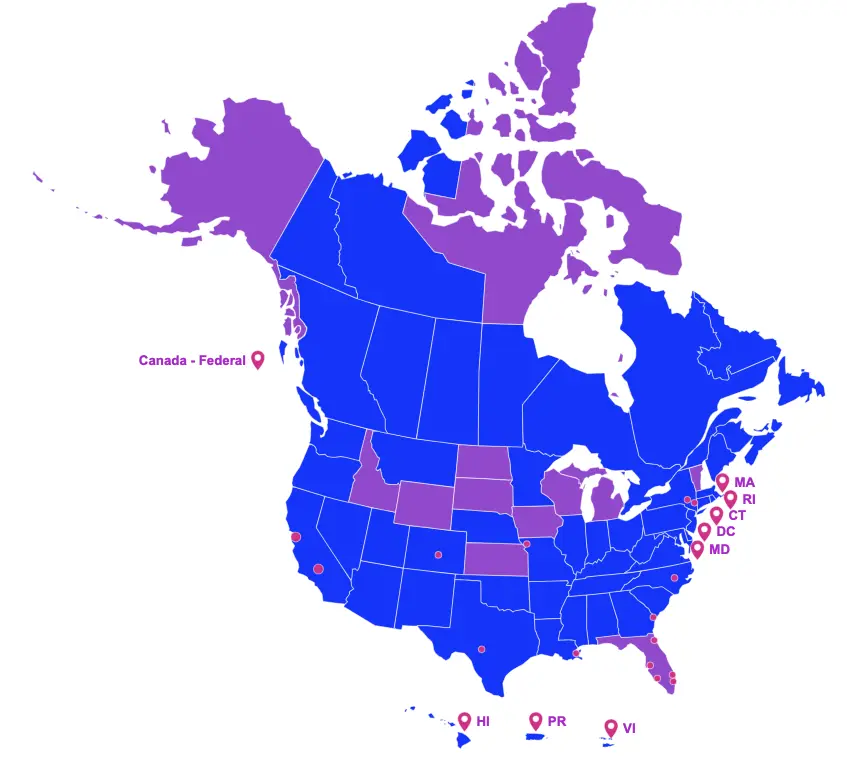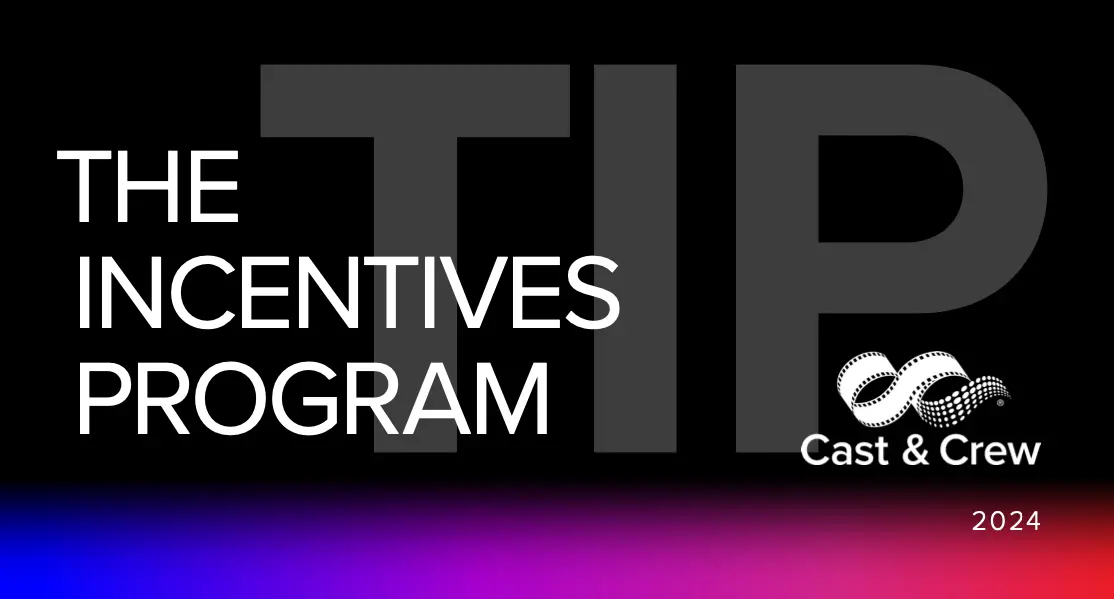THE INCENTIVES PROGRAM - TIP
A first look at our newsletter.
May 20, 2025
ENACTED LEGISLATION
Signed by the Governor
Alabama
On May 14, 2025, Governor Kay Ivey signed Senate Bill 177 into law, thereby amending the Entertainment Industry Incentive Act of 2009, as follows:
- Adds music albums to the definition of qualified productions with the following conditions:
- Requires a minimum spend of at least $30,000;
- Incentivizes the 1st $200,000 of expenditure in Alabama;
- Increases the annual funding cap per fiscal year (10/1 – 9/30) from $20 million to $22 million beginning October 1, 2025;
- Reserves $2 million of the fiscal year funding exclusively for music albums beginning October 1, 2025;
- If incentives are not allocated for music albums by July 1 of each year, the funds may be used for rebates to other qualified production companies;
- Allows for any unspent incentives in a fiscal year to be carried over to the following fiscal year, provided that the total amount carried over in any fiscal year does not exceed $3 million; and,
- Renames the Alabama Film Office to Alabama Entertainment Office;
This act will become effective on October 1, 2025.
PROPOSED LEGISLATION
Still in the House or Senate
California
Senate Bill 756 proposes to amend the California Motion Picture and Television Production Credit for taxable years beginning on or after January 1, 2026, as follows:
- Expands the demographic data compliance report requirement to include:
- Disability status; and,
- Data for all hired employees relating to prior interactions with the criminal justice system;
- Requires a final project report which includes information necessary for the commission to conduct an independent economic impact analysis, be submitted within 60 days of the completion of a qualified motion picture; and,
- Excludes this subdivision from applying to independent films, as defined.
Connecticut
House Bill 5981 proposes to establish a cap of $50 million annually on the aggregate amount of tax credits allowed under the film production, entertainment industry infrastructure project and digital animation tax credit programs.
Kansas
Senate Bill 52 proposes to create the Kansas Film and Digital Media Production Development Act Program. Details are as follows:
- Establishes a transferable tax credit equal to 30% of qualified production expenditures or 30% of qualified postproduction expenses for a project with no qualified production expenses;
- Allows for the following additional uplifts:
- Up to 5% of the qualified production expenditures for a certified “multi-film” deal (as defined), a certified television series, a “high-impact” production (as defined) or contributions to film-related infrastructure or workforce development in Kansas; or
- Up to 5% of qualified production expenditures if 50% or more of the crew or above-the-line personnel are Kansas residents;
- Allows up to an additional 5% of qualified production expenditures or qualified postproduction expenditures of a production company that has previously received an income tax credit under this act;
- Limits the cumulative amount of tax credits that may be awarded to a single project to 40% of total qualified production expenditures or postproduction expenditures;
- Qualified labor costs are as follows:
- Resident and nonresident below-the-line labor costs;
- Resident above-the-line;
- Limits the total tax credits that may be earned for each nonresident above-the-line individual to not more than $500,000 in each taxable year;
- Limits the eligible amount of qualified above-the-line labor costs to a maximum of 25% of total qualified production expenditures;
- Requirements:
- Prior to the start of principal photography submit:
- An application;
- Evidence of adequate funding;
- Description of the project;
- Economic impact statement;
- See that at least 10% of the crew are residents of Kansas;
- For a television series with multiple episodes:
- Film at least 25% of the series season within Kansas and incur a minimum of $50,000 in eligible expenses;
- Submit a report prepared by a certified public accountant licensed to practice in Kansas;
- Include a logo in the credits;
- Incur at least $50,000 in qualified production or postproduction expenses;
- Prior to the start of principal photography submit:
- Allows up to $5 million per year in tax credits to be awarded;
- Allocates 10% to Kansas-based production companies, as defined; and,
- Establishes a sunset date of December 31, 2034.
Louisiana
Senate Bill 232 proposes to amend the motion picture production tax credit program, as follows:
- Establishes a tax credit of up to 40% for applications approved by the office and the secretary on or after July 1, 2025;
- Modifies the “Louisiana promotional graphic” specific requirement and instead allows LED to set those requirements by program rule;
- Stimulates that Louisiana Economic Development shall consider various discretionary factors when determining which applications will be approved; and,
- Repeals present law for applications of state-certified productions after July 1, 2025.
If enacted, this act shall become effective on July 1, 2025.


